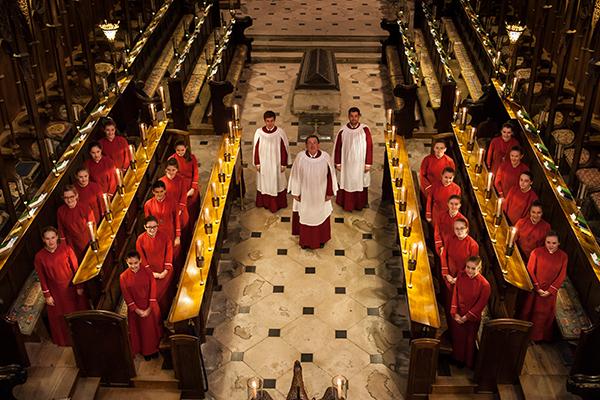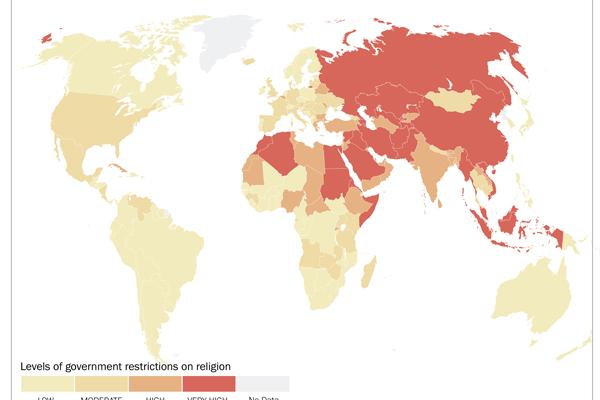In only its second week in session, Congress is already confronted with difficult decisions that impact the lives of millions of people — some of whom are the most vulnerable in our society.
The Senate is faced with finding a solution that would extend the unemployment insurance to help a struggling workforce. One of the solutions, proposed by Senator Ayotte (R-NH), would penalize U.S. citizen children who are part of already struggling immigrant households living in poverty. While it’s important that Congress finds a resolution to the unemployment insurance conundrum, they should not do so by shifting the harm from one group to the next.
Watching the news cycle for the past week or so, I have been pleasantly surprised at how much the issue of poverty is being discussed. There have been many analyses of the successes and failures of the War on Poverty, the 50th anniversary of which we marked last week. But there is one report that has particularly fascinated me — and many others — as it describes how women have been struggling the most against poverty in the United States. In partnership with the Center for American Progress, this year’s Shriver Report: A Woman’s Nation Pushes Back from the Brink examines the problem of poverty as it pertains to women and proposes solutions to eradicate it.
Although those of us who have lived and worked in low-income neighborhoods have witnessed firsthand how poverty affects women and their children, seeing the numbers laid out is still overwhelming.
A California pastor made headlines this month when he announced that he will live like an atheist for a year to see what it’s like on the other side of belief. But Ryan Bell is actually just the latest “stunt pastor” to use unorthodox means to draw attention to his message.
In recent years, other church leaders have challenged congregants to have sex (with their spouse) for 30 days straight or have dressed like homeless people or lived in a tiny box or on a spacious roof in order to gin up attention, attendance, or funds.
This kind of reality-show piety has a history, of sorts, especially in Christianity: A fifth-century ascetic, Simeon Stylites, achieved great fame by living — subsisting, really – atop a pillar for some 37 years.
But the rise of the entertainment industry, combined with a focus on marketing techniques to preach the faith or build up a church, have sparked a penchant for ministry gimmicks that go well beyond the old dunk tank.
Canterbury Cathedral, mother church of the 85 million-member worldwide Anglican Communion, will have its first girls’ choir perform since it was rebuilt nearly 1,000 years ago.
On Jan. 25, worshippers will hear the voices of 16 girls between the ages of 12 and 16 at a historic Evensong service, which will include the music of English composer Ralph Vaughan Williams.
Until now, only male voices have been heard at the cathedral’s services.
Twenty years ago, Salisbury Cathedral was the first English cathedral to allow girls to sing in choirs at services. That set the ball rolling. There are now 765 girls in cathedral choirs across England, compared with 1,008 boys.
Global religious hostilities reached a six-year high in 2012 and affected more people than government curbs on religious freedom, according to the Pew Research Center’s latest report on religious restrictions around the world.
The report, released Tuesday ahead of National Religious Freedom Day on Thursday, shows that 74 percent of the world’s population experienced high levels of social hostility toward religion, up from 52 percent in 2011.
The sharp rise is due to hostilities in China, which for the first time in the survey’s six-year history, scored a “high” level of religious strife. Home to more than 1.3 billion people, China experienced an increase in religion-related terrorism, mob violence and sectarian conflict in 2012.
The greatest levels of social hostilities toward religion were felt in Pakistan, Afghanistan, India, Somalia, Israel, and Iraq, according to the report.
The third edition of the Shriver Report, a media initiative spearheaded by Maria Shriver to call public attention to women’s evolving role in the home, workplace, and society, was released this month.
With a large body of articles, research, polls, data, and personal stories, the report assesses the unique needs, pressures, and realities women face. Contributors within the faith, health, academic, economic, and political communities are represented, coupled with intentional cultural and social diversity. This gives the Shriver Report a richness of deep and thoughtful voices. The aim is to strike up provocative, meaningful, national conversations on how progressive policies can be better directed to advance gender equality in the United States.
One of the most eye-catching article headlines for me in reading the report was “ Are Women Devalued by Religions?” In the article, sister Joan Chittister remarks on how our assumptions about religion influence our actions, and how the outworking of our actions shapes the norms and policies we guide our lives by. Unfortunately, these assumed beliefs can lead to commonly accepted views that completely distort what God has to say about women.
It was my junior year of college. I sat in the balcony of chapel listening to a message and expecting nothing more than the usual chapel routine.
My life up until that point had been all about finding control and self-worth, which centered on academics and hard work. Blame my culture or my textbook Type A work patterns, but really the core of the issue was my pride and self-reliance. I wanted (and probably in some ways still want) to control and perfect every aspect of my life. X plus Y equals Z, right?
So, I sat there completely unaware that it would be a message that I still haven’t forgotten.






